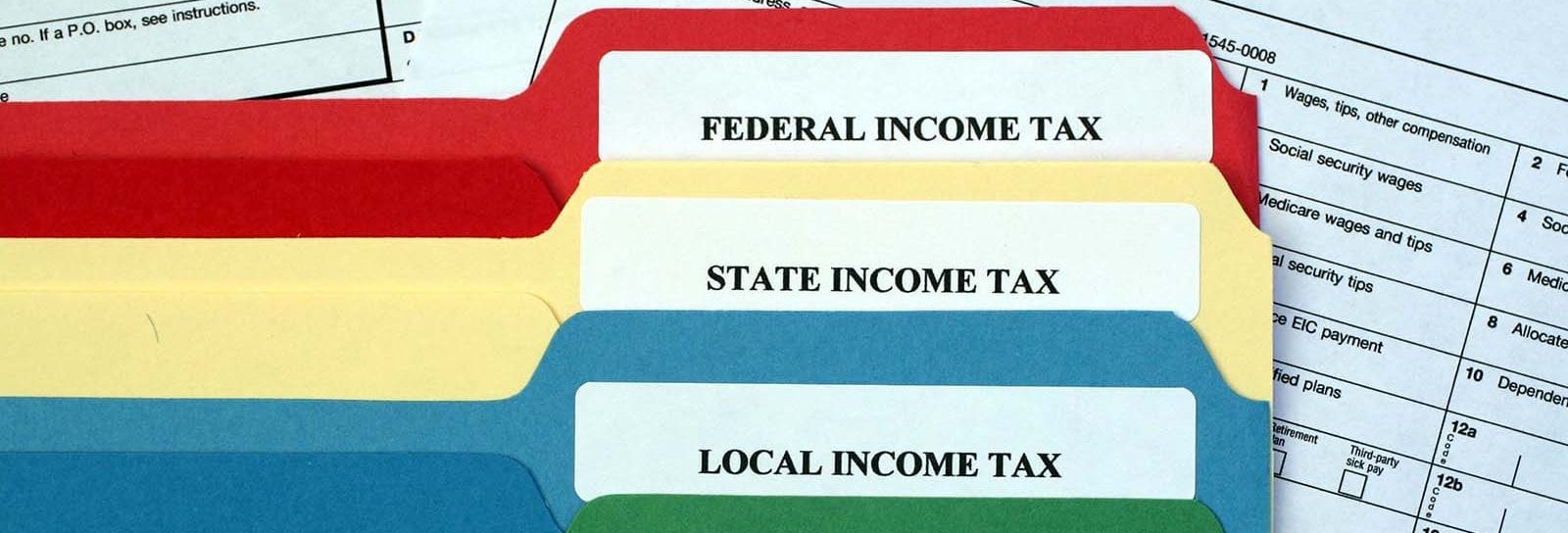We can help you:
State Tax Debt

Because of the recent economic downturn, state tax collection agencies are more aggressive than ever!
Many people who have an IRS tax debt more than likely have a state tax debt as well. Because states don’t have the resources of the federal government, they are more reliant on timely year-over-year tax payments to operate. When either an individual or business falls behind on their state tax obligations, the efforts to recover the debt are swift and aggressive.
State collection agencies use threats, levies, garnishments, and seizures on a much broader scale than the IRS, and the revenue officers assigned to enforce collections can be ruthless. Bank accounts can be emptied overnight, and businesses and assets sold to satisfy the obligation. Now, more than ever, state tax debt is one of the most financially destructive obligations a taxpayer can accrue.
States and the IRS offer similar programs to help resolve tax debt!
Though the efforts to collect state back taxes can be severe, both individuals and businesses have legal, enforceable rights to stop collections and settle tax debt. While state collection tactics may be more aggressive, they are nonetheless bound by tax law to offer relief to those who qualify. Most states offer similar versions of the Offer in Compromise program, and will negotiate repayment plans and amnesty from penalties and interest if successfully approached and mediated.
Getting Help with State Tax Debt
The first step towards successful resolution is to acknowledge that your state tax debt won’t go away on its own and to seek professional assistance. Our firm of tax relief attorneys and tax relief professionals has helped thousands of individuals and businesses just like you stop forced collections and finally resolve their tax debt.
Call 888-978-6747 or Click HERE!
Our tax relief professionals will take the time to discuss your issue free of charge, and help map out the best solution moving forward. Rest assured, all information is confidential, and nothing will be shared.
We understand that you have many options when it comes to choosing the right tax relief firm, and we welcome the opportunity to help you patiently through this process and bring closure to this important financial consideration.
